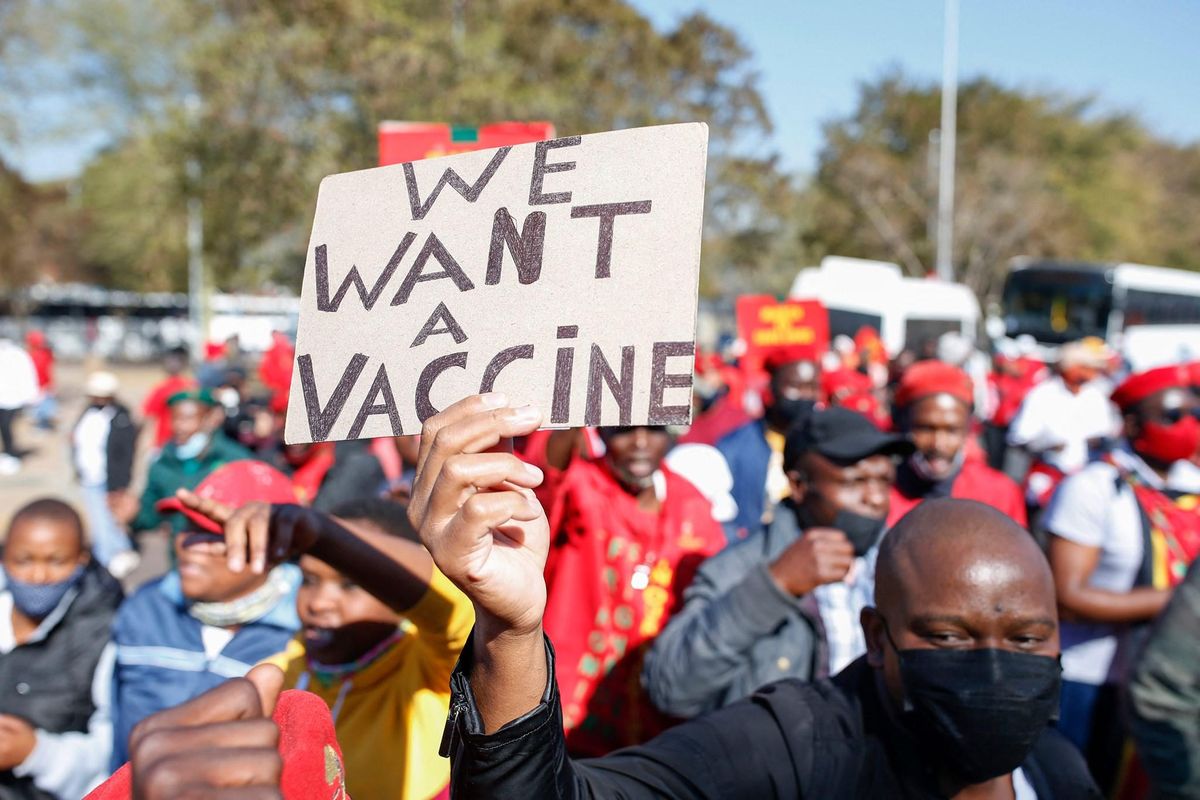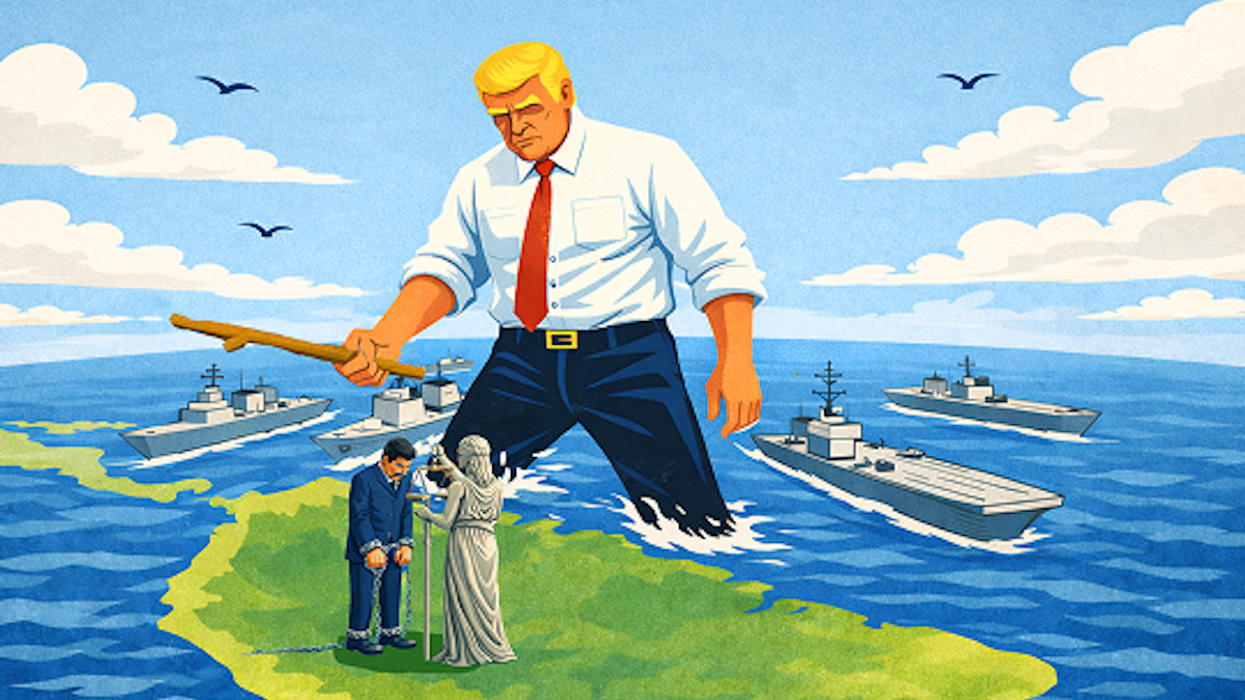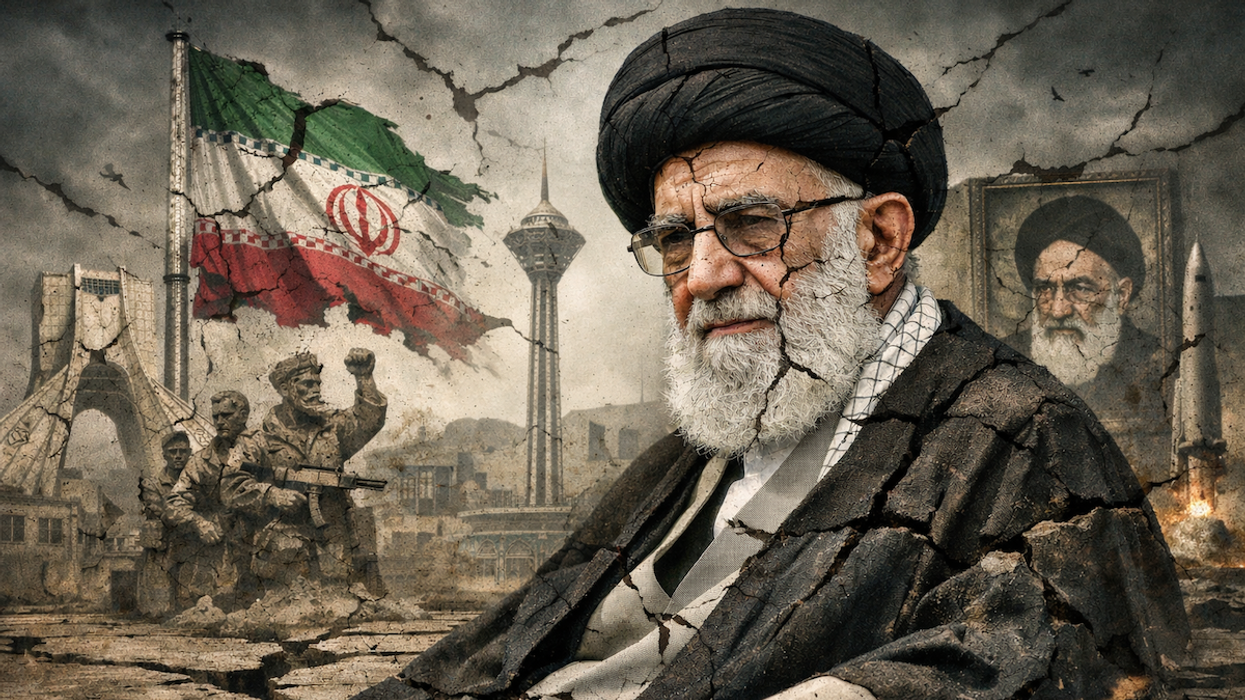The United States is nearing the date set by the Biden administration to begin offering Covid vaccine boosters to the general population. Other countries, including France, Germany, the UK and Israel, have already started doing so.
But earlier this week, an expert review conducted by leading international scientists (including two senior FDA officials) concluded that extra shots are “not appropriate” for the general public at this time. In addition to their unproven efficacy, the risk of unknown side effects, and the potential damage to confidence in primary vaccination of a premature rollout, the scientists offered a non-medical objection to boosters: global vaccine inequity.
This warning added to the chorus of pleas—led by the World Health Organization—calling on rich countries to delay giving third doses to the public, instead asking them to redirect their surplus vaccines to poorer countries with lagging immunization rates.
I agree with them. Here’s why.
Want to understand the world a little better? Subscribe to GZERO Daily by Ian Bremmer for free and get new posts delivered to your inbox every week.
Vaccine inequality is rampant
According to experts, around 11 billion vaccine doses are needed globally to contain the spread of Covid-19. Almost 5.7 billion doses have been given to date, equivalent to 75 for every 100 people. Pretty impressive, right?
But so far, 80% of doses have gone to people in high and upper middle-income countries—who comprise 48% of the global population—while only 0.4% have been administered in low-income countries. (Excluding China, upper middle-income countries look significantly worse.) Whereas 53% of Americans are fully vaccinated, barely 1.9% of people in low-income countries have received at least one dose, let alone two. And the gap isn’t wider only because of America’s high (and stupid) levels of vaccine hesitancy. For rich countries as a whole, vaccine coverage is 40 times that in poor nations.
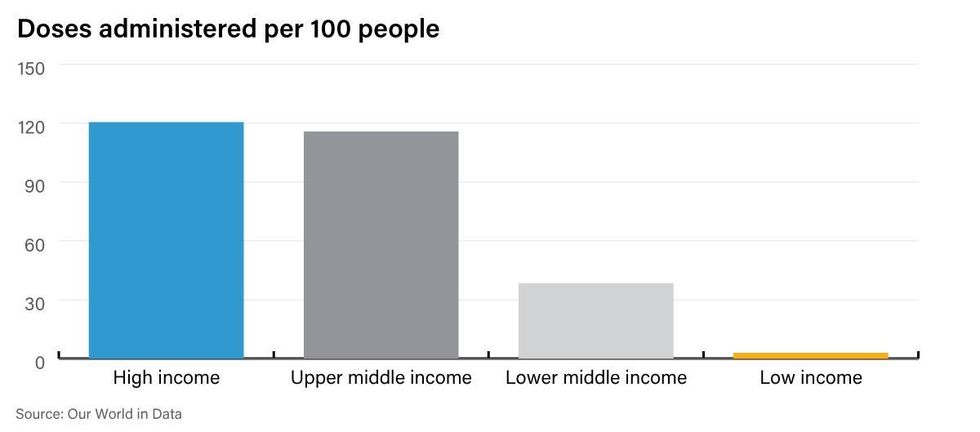
While high and upper-middle income countries have rapidly increased their coverage, progress in low-income countries has been slow at best. Several developed nations have produced or procured enough doses to fully cover their populations many times over, but instead of donating their surpluses to their worse-off peers, they are offering booster shots to already protected populations (or stockpiling them in warehouses, often through expiration). Meanwhile, developing nations with limited vaccine access are experiencing increasingly deadly outbreaks. As of today, 8 of the 10 countries with the highest per capita fatality rates have less than one-third of their populations fully vaccinated.
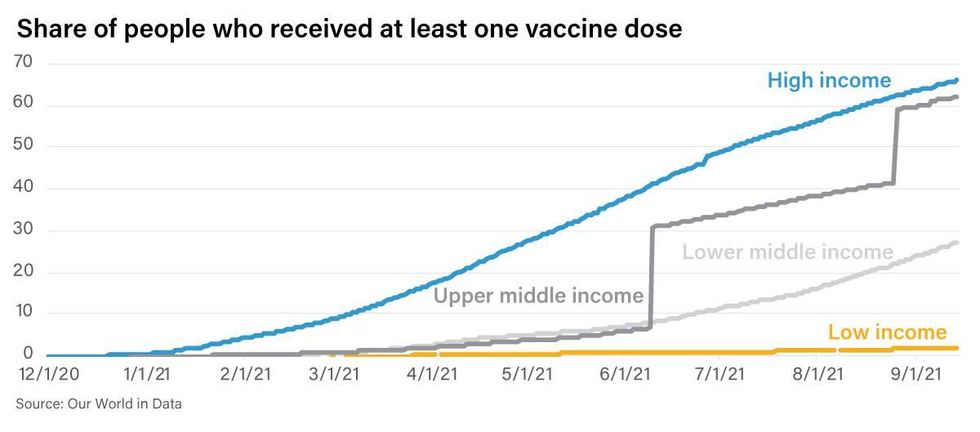
With supply severely constrained due to limited global production capacity, one country’s gain is another’s loss. Rich countries cut deals with manufacturers to buy up the bulk of the vaccine supply at a premium, choking off COVAX—the WHO-sponsored facility tasked with ensuring vaccine equity—and leaving the world’s poorest unable to secure enough doses to cover even their most vulnerable populations.
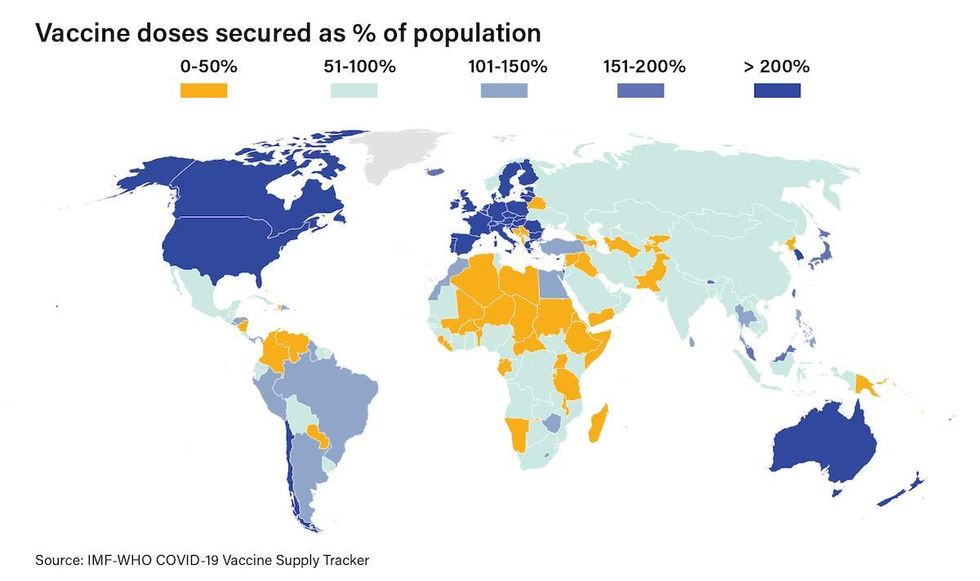
First doses before third doses
The fact that less than a year into the pandemic we had developed and rolled out multiple highly effective vaccines is nothing short of extraordinary. Distributing 5.7 billion shots in under 10 months is not nothing, either. So yes, what the world has already accomplished is a feat to be celebrated. But there’s massive damage being done if we don’t allocate the vaccines more equitably.
Wealthy nations collectively have enough money and surplus doses to get the rest of the world fully vaxxed with no impact on their own finances and vaccination plans. Arguably, the US could do this by itself at the puny cost of—at most—$75 billion, under 0.4% of its GDP. Should it?
Not only we should, but we must. The ethical imperative is incontrovertible: According to experts, vaccine inequity could cause up to a million unnecessary deaths in the developing world by the end of this year.
To be sure, governments have a special obligation to prioritize their own citizens when tradeoffs are involved, but this responsibility ends when the interests of non-citizens so heavily outweigh the national interests.
You can disagree. Maybe you don’t buy the moral argument. “It’s every man for himself,” you say, or “There’s only so many resources to spend and they should go to those paying taxes.”
Even putting aside ethical considerations, from a purely pragmatic perspective, immunizing the world is in America’s own interest:
- Public health. “No one is safe until everyone is.” As WHO chief scientist Dr. Soumya Swaminathan told me in an April interview on GZERO World, as long as the virus keeps circulating, it will continue to pose a threat to even vaccinated people in rich countries. Unmitigated viral transmission, no matter where it happens, increases the risk that dangerous new variants will emerge, which may be more contagious, lethal, or vaccine-resistant. High income countries have no defenses against these. Facilitating mass vaccination in places with limited access to shots is the surest way to protect American lives.
- Economics. An unvaccinated developing world makes for a world constantly on the brink of lockdown, economic crisis and supply chain disruption. Because the global economy is highly interconnected, the US economy is vulnerable to weaker growth in poorer countries as well as to its own public health situation, which in turn is reliant on the rest of the world’s. The EIU estimates that vaccine inequity will cost the global economy $2.3 trillion in foregone GDP. Rich countries including the US will bear around one-third of these losses, which far exceed the upfront cost of vaccinating the rest of the world. Other estimates show that wealthy countries would see a return of almost $5 for every dollar spent on vaccinating poor countries. That’s as close to a free lunch as I’ve ever encountered.
- Geopolitics. Inequality breeds resentment, and in a G-Zero world, the US needs all the friends it can get. Vaccine hoarding by Western nations will fuel antipathy toward them in poorer countries and make it easier for Russia and China to strengthen their spheres of influence. Conversely, just think of the goodwill the US could earn in the developing world if it put a little effort into vaccine diplomacy.
America’s national interest is better served by vaccinating poor countries than by boosting adults or vaccinating children at home.
Of course, they need not be mutually exclusive—we could, in theory, give boosters AND make more vaccines for poor countries. That’s why the White House called this “a false choice.”
And yet, we haven’t done it...
🔔 And if you haven't already, don't forget to subscribe to my free newsletter, GZERO Daily by Ian Bremmer, to get new posts delivered to your inbox.
